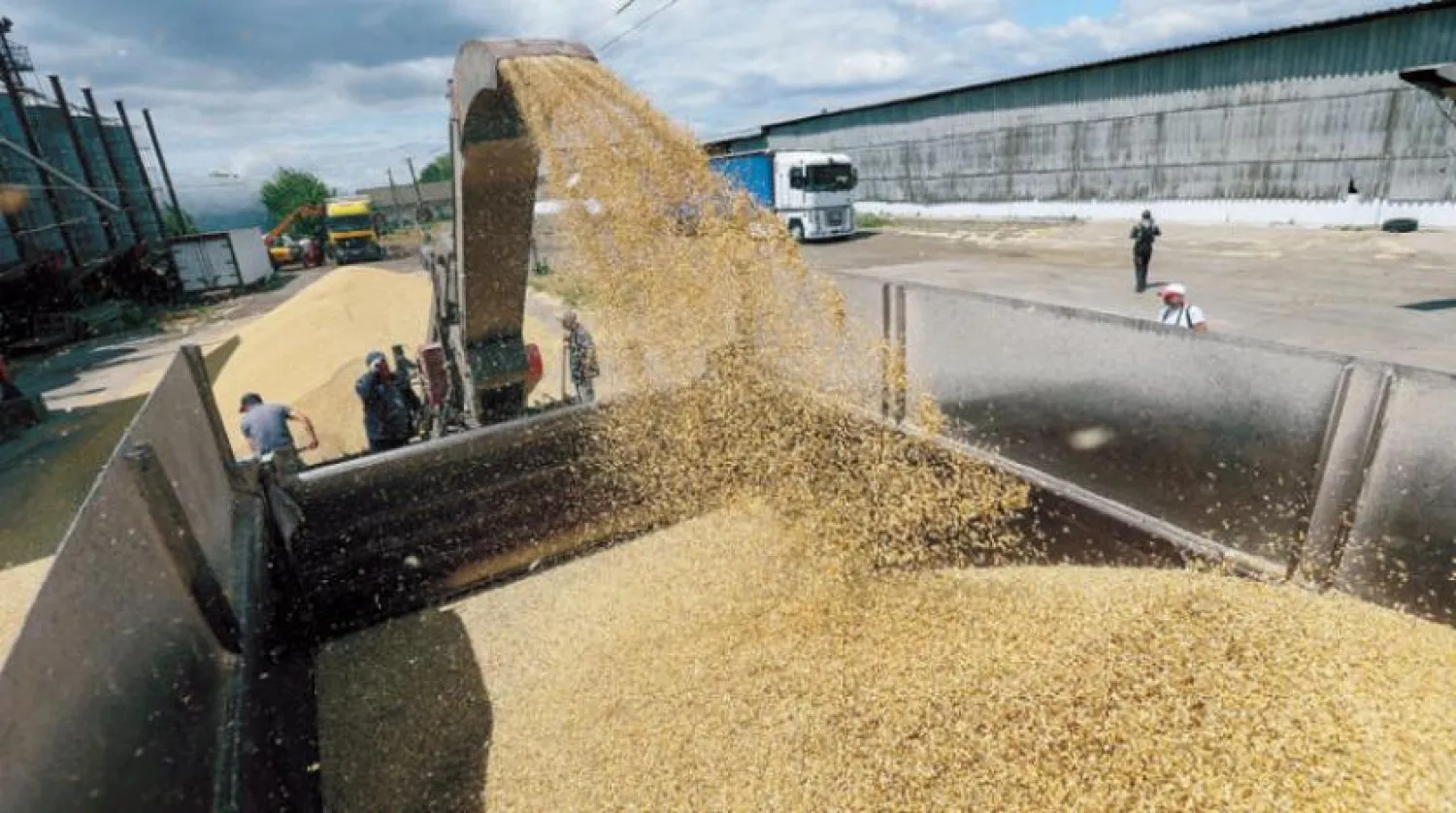The World Bank’s Board of Executive Directors approved on Wednesday a $500 million loan to bolster Egypt’s efforts to ensure that poor and vulnerable households have uninterrupted access to bread, strengthen Egypt’s resilience to food crises and support reforms in food security policies, including to improve nutritional outcomes.
In a statement, it noted that the Emergency Food Security and Resilience Support Project will help cushion the impact of the war in Ukraine on food and nutrition security in Egypt.
Russia and Ukraine are the world’s largest wheat exporters, and the war has driven up prices and created nutritional shortfalls, particularly for people who rely on bread for their daily nutritional needs.
The new project links wheat imports to direct assistance to the poor and vulnerable population through Egypt’s Bread Subsidy Program.
It will finance the public procurement of imported wheat, equivalent to one month of supply for the Bread Subsidy Program, which supports around 70 million low-income Egyptians, including approximately 31 million people under the national poverty line.
The loan will also support national efforts to reduce waste and loss in the wheat supply chain through the upgrade and expansion of climate-resilient wheat silos, sustainably improve domestic cereal production, and strengthen Cairo’s preparedness and resilience to future shocks.
It further supports Egypt by mobilizing immediate short-term relief to address supply and price shocks while simultaneously bolstering its longer term food security strategy and improved nutrition for the poor and vulnerable.
The project incorporates climate change efforts through a variety of interventions, including via investments to modernize wheat silos to significantly reduce wheat waste and loss, as well as introducing farmer extension and training programs that promote climate-smart agricultural practices.
Egypt’s Minister of International Cooperation Dr. Rania al-Mashat welcomed the World Bank’s decision, noting that the project supports the government’s strong commitment to ensuring that the needs of citizens continue to be met even amid a very challenging global environment caused by concomitant crises, such as the COVID-19 pandemic and the war in Ukraine.
Marina Wes, World Bank Country Director for Egypt Yemen and Djibouti said the emergency operation comes at a very critical juncture when the food security of many countries is threatened by the war in Ukraine.
“It is part of broader World Bank efforts to support Egypt’s green, inclusive and resilient recovery.”
She underscored the bank’s keenness to continuously support Egypt in overcoming obstacles to its ambitious sustainable development plans and to further enable the country to pave the way for a prosperous and productive future for all its citizens.









